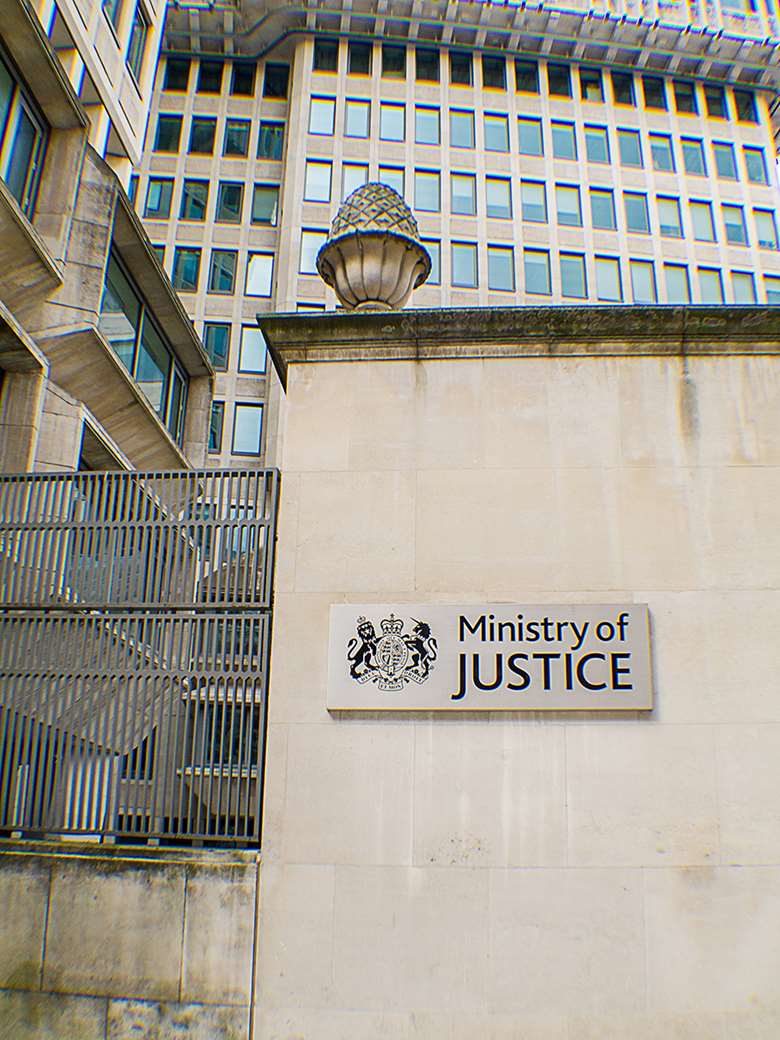Secure schools 'to be modelled on children's homes'
Neil Puffett
Friday, June 1, 2018
Proposed new secure schools for young offenders will be modelled on secure children's homes and hold up to 70 young people, the government has revealed.

Plans to pilot two secure schools were first announced in December 2016, on the back of recommendations made in Charlie Taylor's review of the youth justice system.
Their aim is to place a greater focus on the education and rehabilitation of young offenders, improving safety in the youth secure estate and reducing reoffending.
Last year youth justice minister Phillip Lee said they could be up and running by the end of 2019, and potentially rolled out nationally within 10 years.
Draft guidance published today by the Ministry of Justice setting out the expectations and requirements for prospective secure school providers reveals that each of the establishments will have between 60 and 70 places.
Based on this, around 13 secure schools would potentially be required across England and Wales to accommodate the current youth custody population, which stood at 926 under-18s as of March this year.
The guidance states that they will be run by "not-for-profit child-focused and creative providers who will put education, healthcare and purposeful activity at the heart of their work to rehabilitate young offenders". It is proposed that they will be registered as both a secure children's home and a 16 to 19 academy. Restraint techniques involving pain will be banned.
"They will be located in line with demand and close to the communities they serve," the guidance states.
"We expect providers to create an environment where students feel safe and secure, so that they are able to focus on engaging with integrated health, care and education services.
"They will be similar to residential special schools or secure children's homes and not simply prisons with education. There will be both indoor and outdoor sports facilities at each secure school and, while sites will be secure, visible security features will be kept to a minimum."
The guidance adds that the Ministry of Justice will agree the opening date with the successful applicant.
"We want to attract the very best specialist providers to set up and run secure schools," the guidance states.
"They must have a clear child-focused ethos at their core, demonstrate the knowledge and skills necessary to work with children in crisis and exhibit an unshakeable desire to help them turn their lives around.
"They will be able to establish strong links with community provision and offer a seamless service, both during a custodial sentence (through temporary release) and upon release."
NHS England will commission health services for secure schools, including GP services and hospital services for both physical and mental health and neurodisability needs, as well as substance misuse services, ophthalmology, dentistry and auditory services.
Phillip Lee said: "Good education in and out of the classroom is the key to unlocking a secure and stable future for young people and I am determined to drive forward our comprehensive reforms so that young people are equipped with the skills to live successful, crime-free lives on release.
"Physical activity is key to a productive day in custody and I want education to be at the heart of the core day with children in secure schools engaging with health and education services that are tailored to meet their individual needs.
"Secure schools will focus on the root cause of offending, by intervening early to help break the cycle of reoffending - making our streets safer and diverting young people away from a life of crime."
Each secure school will be run by a secure academy trust, a not-for-profit company limited by guarantee, formed specifically to establish and run a secure school. The secure academy trust will be accountable to the Ministry of Justice and be a separate legal entity from an academy trust that is accountable to the Department for Education.
Carolyne Willow, director of children's rights charity Article 39, said: "It is fantastic to hear pain-inducing restraint will not be permitted in the new secure schools. This is a massive step forward in child protection and human rights compliance. Many other aspects of the application guide are child-centred and signal a clear split with child prisons.
"However, three fundamental challenges remain: first, the size of the schools are still far too big; second, it is not clear whether existing prison sites will be considered, but if they are it will contaminate the culture from the start; and, third, at the very least this should be a cross-government initiative.
"The Ministry of Justice should not be in charge of child welfare institutions, if this is really the plan. Then there are wider challenges, of course, to ensure detention is used only as a very last resort and for the shortest period of time."




